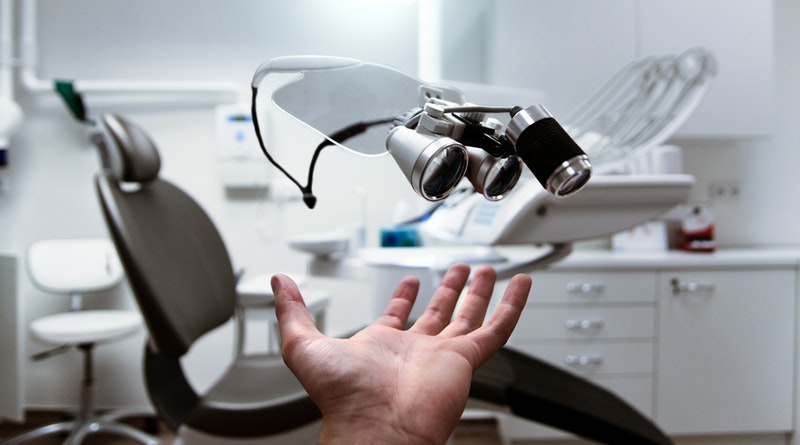Disciplines and benefits of health care informatics degree.
Health care informatics has revolutionized medicine and the way in which patient care is delivered. The industry concerns the integration of technology with medicine in order to retrieve and store health and biomedical information. More specifically, the field involves using technology to organize information in a way that is more efficient and time-saving for medical professionals and their patients. From areas in medicine (nursing, clinical medicine, public medicine) to research areas (biomedical), health care informatics organizes patient data to improve quality care. More importantly, though, it has provided numerous career opportunities for those transitioning into other fields within the health care system and for those college graduates seeking a profession in computer science and the health/medical fields.
The benefits of health care informatics to medicine are numerous. Among the above stated benefits, health care informatics is beneficial because it allows patients to be treated more effectively. The industry has shaped the way in which medicine is distributed, how surgeries are performed, and how patients are tracked after surgery. Furthermore, this area of health care management helps hospitals track down information regarding a patient’s past records so that patients can be assessed and treated quickly. The benefit to the entire industry has been seen, however, in the way that the process of tracking patient progress has been streamlined.
For those deciding whether this field is a good career choice, a degree in health care informatics offers a few advantages. In addition to the number of programs focused on this field, the time to complete the degree is between one and two years. Right now, this area of information technology promises opportunities for employment because the field is growing. Additionally, once in a position, the average salary is quite competitive with other jobs in information technology.
Health care informatics encompasses a number of disciplines and covers a few areas. The disciplines covered are information science, computer science, social science, behavioral science, and management science. The actual field includes the following:
- Clinical informatics involves the use of information in health care within clinical medicine. These professionals transform, analyze, design, evaluate, and implement communication systems.
- Within clinical informatics is the field of clinical research informatics (CRI), whose mission is to improve clinical research by creating warehouses for information and to improve data collection systems through electronic data capture systems. This area is important in patient care, clinical research, and the building of health care systems.
- Human bioinformatics, or translational informatics, involves linking biological and clinical information. Molecular bioinformatics, biostatistics, statistical genetics, and clinical informatics converge into what is now called translational informatics.
- Computational informatics is devoted to computational techniques related to health care.
This field is, as stated previously, a rapidly growing one, and these areas are fields that are evolving.
While not a traditional course of study for students entering this field, it is possible to find yourself working in health care informatics through a few avenues. Some >health care professionals find themselves in this field after working in health care for a while and deciding to transition into this area. A number of universities offer master’s degree programs, both online and on-site, that lead to job opportunities soon after graduation. It is possible to complete one health informatics degree online in a little over a year, as long as the prospective student meets the admission’s requirements.
Students looking to enter this field as an undergraduate can earn a degree at the certificate, associate’s, and bachelor’s degree levels. With a certificate or an associate’s degree, prospective professionals can expect to be a health care data technician or health care software support technician. A bachelor’s degree will allow a person to take on a decision-making role in designing, implementing, and managing systems. The degree options, which can be taken at a number of colleges and universities, are health informatics, nursing informatics, and health science
Health care informatics is not a new field, as computers have been a part of health care since the early 1950s. However, with the integration and centralization of data, health care informatics has made the collection and storage of medical information so much more efficient. Health care informatics is a growing industry and one that helps the medical industry manage information in a way that is cost-saving and beneficial to both patients and the health care professionals who care for them. A degree in health care informatics is one that has many opportunities for advancement, or lateral moves, within the field. As humans move further into the 21st century, this field will continue to evolve and provide opportunities for those seeking work in the health care and medical industries.



